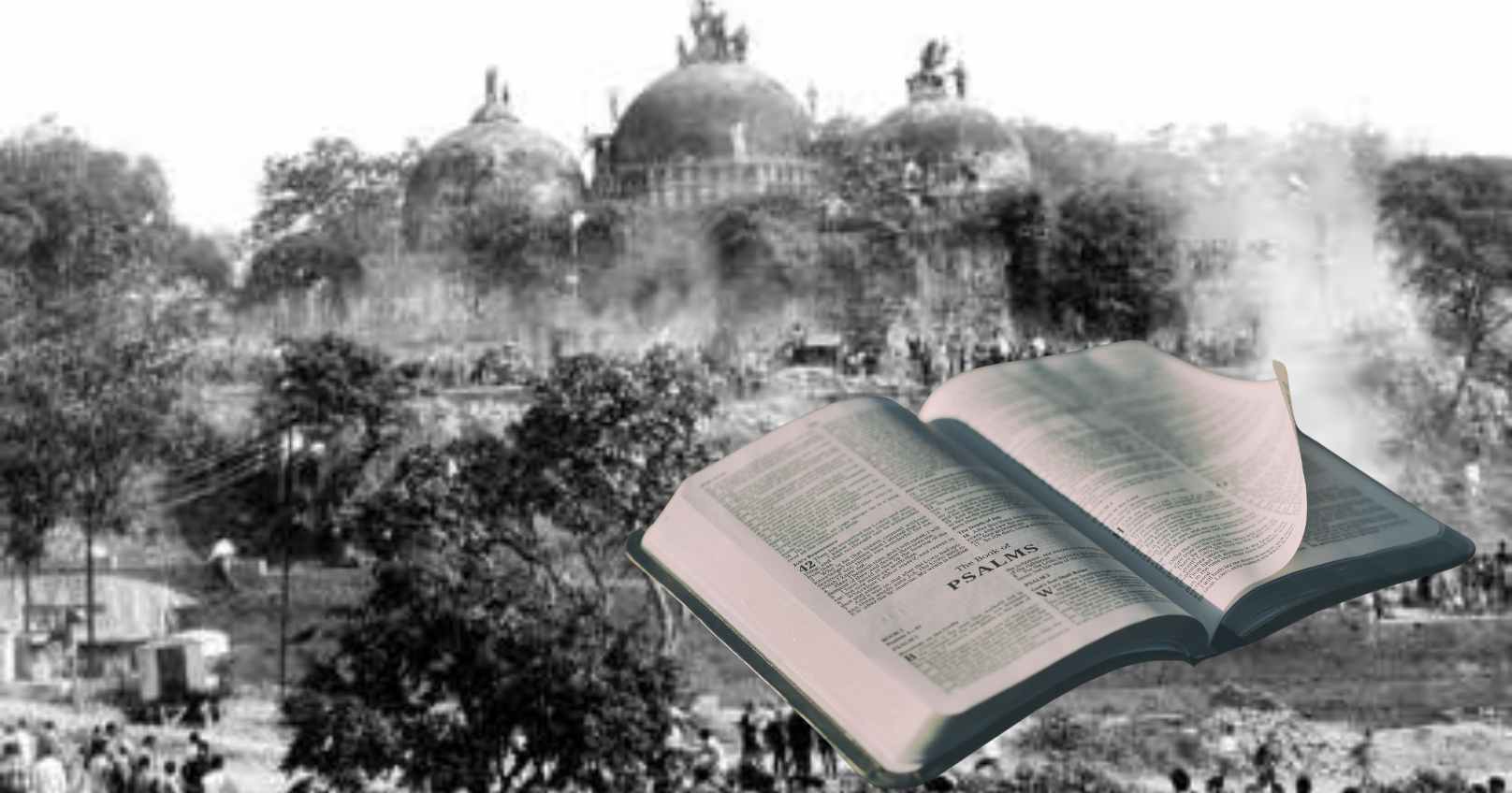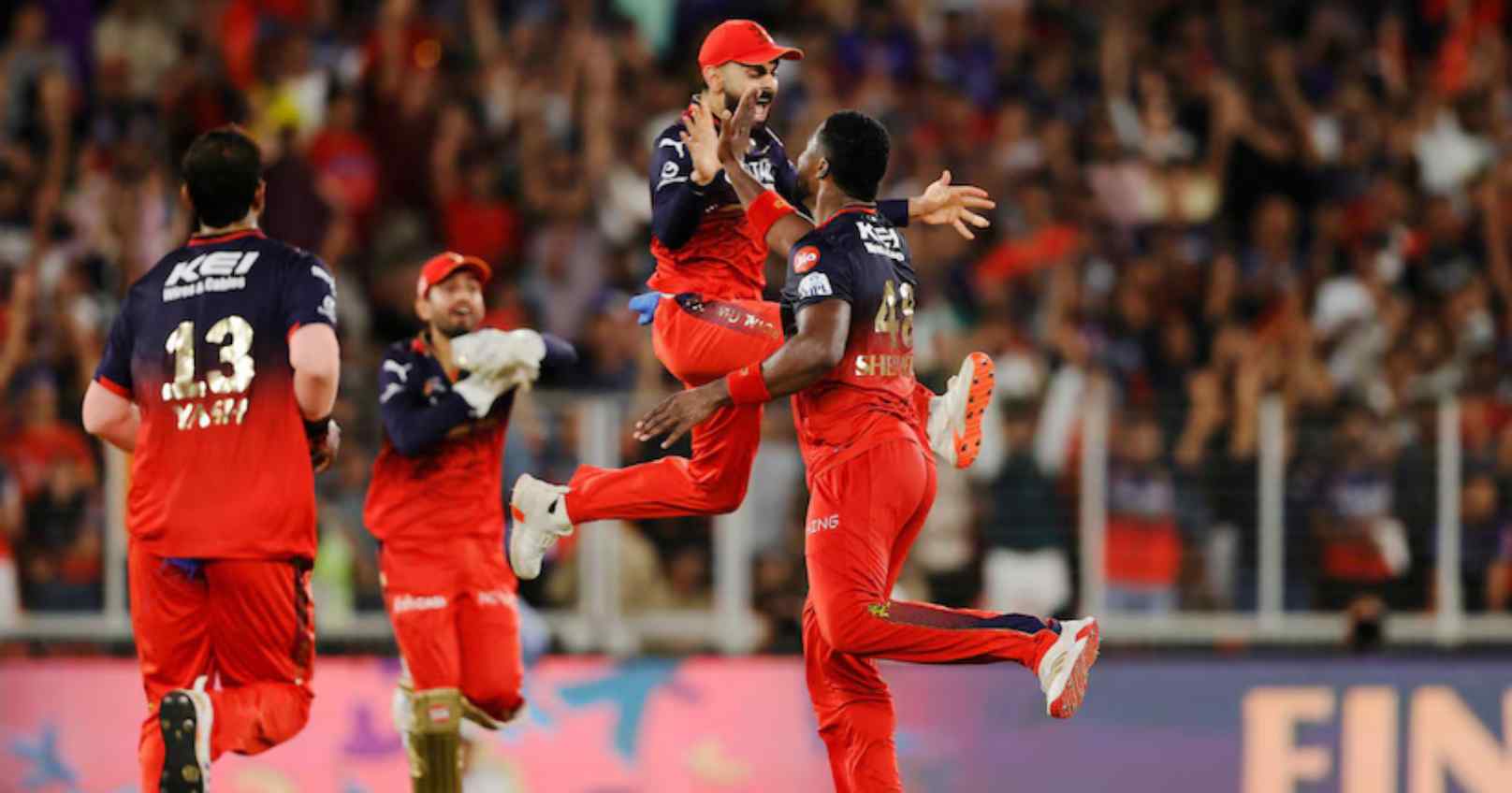Education should not propagate hatred and violence, emphasized Dinesh Prasad Saklani, chief of NCERT, amid the controversy surrounding recent textbook revisions. The changes, which include removing references to the Babri Masjid demolition and the BJP's Ram Rath Yatra led by Lal Krishna Advani, affect nearly 30,000 schools affiliated with CBSE.
In an interview with PTI, Saklani refuted claims of saffronisation, stating that these revisions are part of an annual update. He questioned the necessity of teaching young students about riots, arguing that the goal of education is to foster positive citizens, not to incite violence or depression.
"Is it the purpose of education to make students offensive or create hatred in society? Should we teach about riots to such young children? They can learn about these events when they grow up," Saklani said. He added that the current outcry over these changes is misplaced.
The updated Class 12 political science textbook now describes the Babri Masjid as a "three-domed structure" and highlights the Supreme Court judgment that allowed the construction of the Ram temple. Saklani defended this update, saying that significant developments, whether ancient or recent, should be included in educational materials.
Addressing the accusations of saffronisation, Saklani stressed that updates are necessary to keep textbooks relevant and factual. He also defended the inclusion of India's historical achievements, such as the advanced metallurgy exemplified by the iron pillar in Mehrauli, as part of the Indian knowledge system.
Saklani, who previously led the ancient history department at Hemvati Nandan Bahuguna Garhwal University before taking charge of NCERT in 2022, explained that textbook updates are a common global practice aimed at enhancing education. He assured that changes are made by subject and pedagogy experts without any external imposition.
This is the fourth revision of NCERT textbooks since 2014, reflecting ongoing efforts to improve and update the educational content for students.







